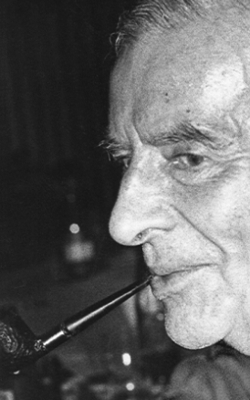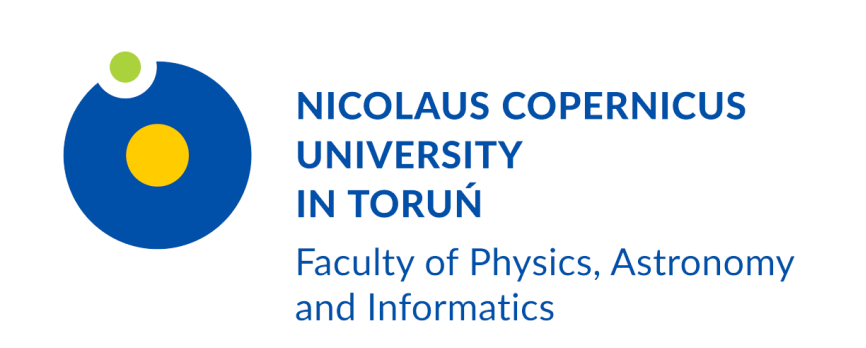Aleksander Jabłoński (1898-1980) – The founding father of Toruń Physics at NCU

Aleksander Jabłoński was born in 1898 in today’s Ukraine. He studied Physics in Kharkov and Warsaw, where he got his doctoral degree in 1930. Studying in Warsaw he was also a musician of the first violin section in the Teatr Wielki orchestra. In 1930’s he worked in Berlin and Hamburg as a Rockefeller Foundation scholarship holder. He was conferred his post-doctoral degree habilitacja at Warsaw University for his work on the pressure broadening of spectral lines. This topic, which he pursued in Wilno is still researched in Toruń. He fought in 1939, the outbreak of WWII, and was interned by the Soviets in a POW camp; luckily, he was able to leave it and join General Anders’s Polish Armed Forces in the West. In 1943 he reached Great Britain, and for 2 years he worked at a University in Edinburgh. When he returned to Poland in 1945, he started to work at Warsaw University, but soon after he decided to move to Toruń, where he became a full professor and where he started to build the Toruń school of Physics from scratch.
His work and discoveries in nuclear-molecular optics, in particular luminescence pressure broadening of spectral lines, brought him world-wide recognition. His work in which he explained fluorescence and phosphorescence had particular impact. His diagram of energy levels and quantum transitions in molecules is still well-known today and is called the Jablonski Energy Diagram. Professor Jabłoński was a Polish Academy of Sciences member, an honorary degree holder (honoris causa ) of three universities; he also received numerous prizes and decorations.
To honor him, the main Faculty building was called his name; the Institute of Physics and National Laboratory for Atomic, Molecular and Optical Physics are housed here. On Professor Jabłoński’s birthday each year, a special lecture is given.

 Grudziądzka 5, 87-100 Toruń
Grudziądzka 5, 87-100 Toruń